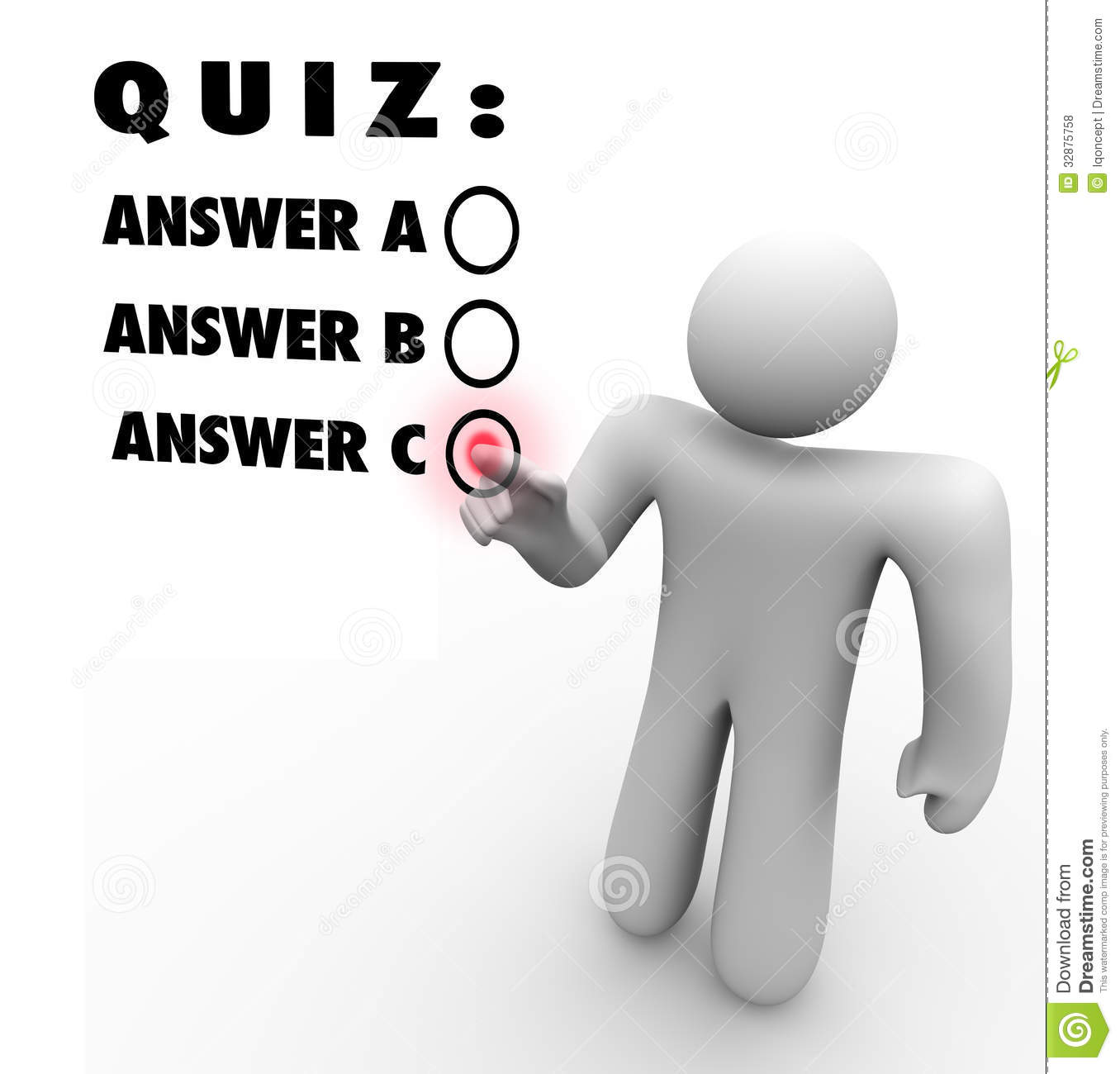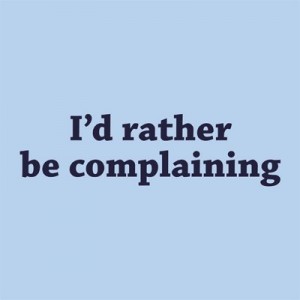- No major changes in course structure or assessment rubrics are needed, except perhaps concerning attendance (see below). And maybe drop the extra credit for filling in class surveys.
- Re-double efforts to manage student expectations, tell them why things are being done the way they are. Keep telling them throughout, not just at the beginning when they don’t take it in.
- Re-double efforts to get students looking for an easy A off the course. Many, many deserving students can’t get a place.
- Make the course open to freshmen only. Freshmen have more energy, are more open to new challenges, and are less cynical. Plus, the thinking skills involved in this course sets anyone up for a better College experience.
- Do a better job of explaining how scientific consensus is built; of how individual studies can reach erroneous conclusions, but many studies, done right, can lead to consensus and progress. This would deal with the confusions I had this year over meta-analyses, errors and the file drawer problem.
- Make available tests and exams from previous years so students can practice.
- Tell them from the get-go they will be initially slammed in tests and slammed in blog grading. Then make it clear what resources are available to help them improve. Emphasize as much as possible that this course rewards improvement, but you have to be engaged to improve. That many students do very well. But it is not a given. Keep saying that throughout.
- Attendance. Forget the extra credit for having been at all pop-quizzes; that penalizes the unlucky. Instead, how about doing ten pop quizzes at random times throughout the year, and giving 10% of grade to those who are present for 8 of 10 of them? That would be brutal. It would mean people could only get an A by coming to class. Would it work? Is it fair? [that rubric would have cut 2 A’s and 3 A-‘s this year].
- Wake the students up with the first exam. From the get go, ask penetrating questions that are only answerable for if they have been in class. Manage expectations so that they don’t get crushed. For many of them, this is the first time in their lives they have got a C.
- Figure a way to get better attendance at exam revision tutorials, particularly from the students NOT doing well.
- Offer even more guidance on what makes a good blog. In particular, show/emphasize that it needs to be science-related, and that it needs to extend things beyond a simple topic. Relentlessly give examples of good practice early on. In the nicest possible way, stomp on nonsense and mediocrity on the blog fast. Students get influenced by the majority of the blog (i.e average performance), not best practice (which is rare to start with).
And finally, tackle some new topics. Big topics. Like the meaning of life. And evil.









